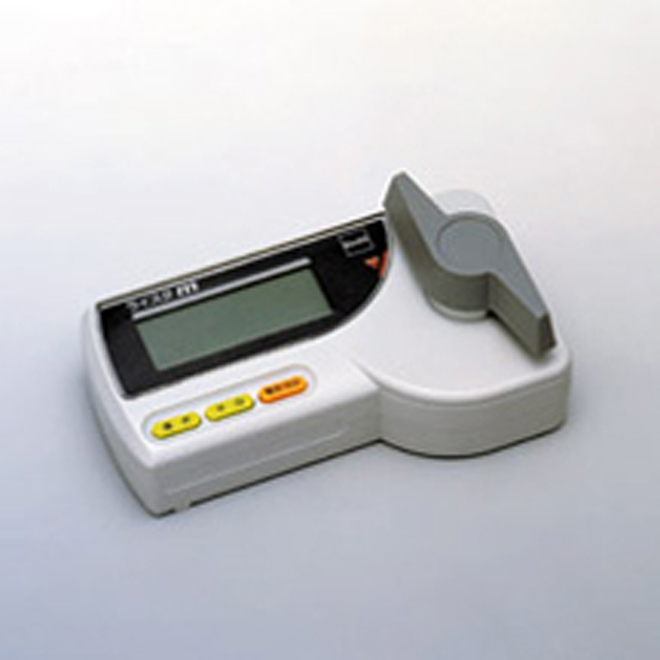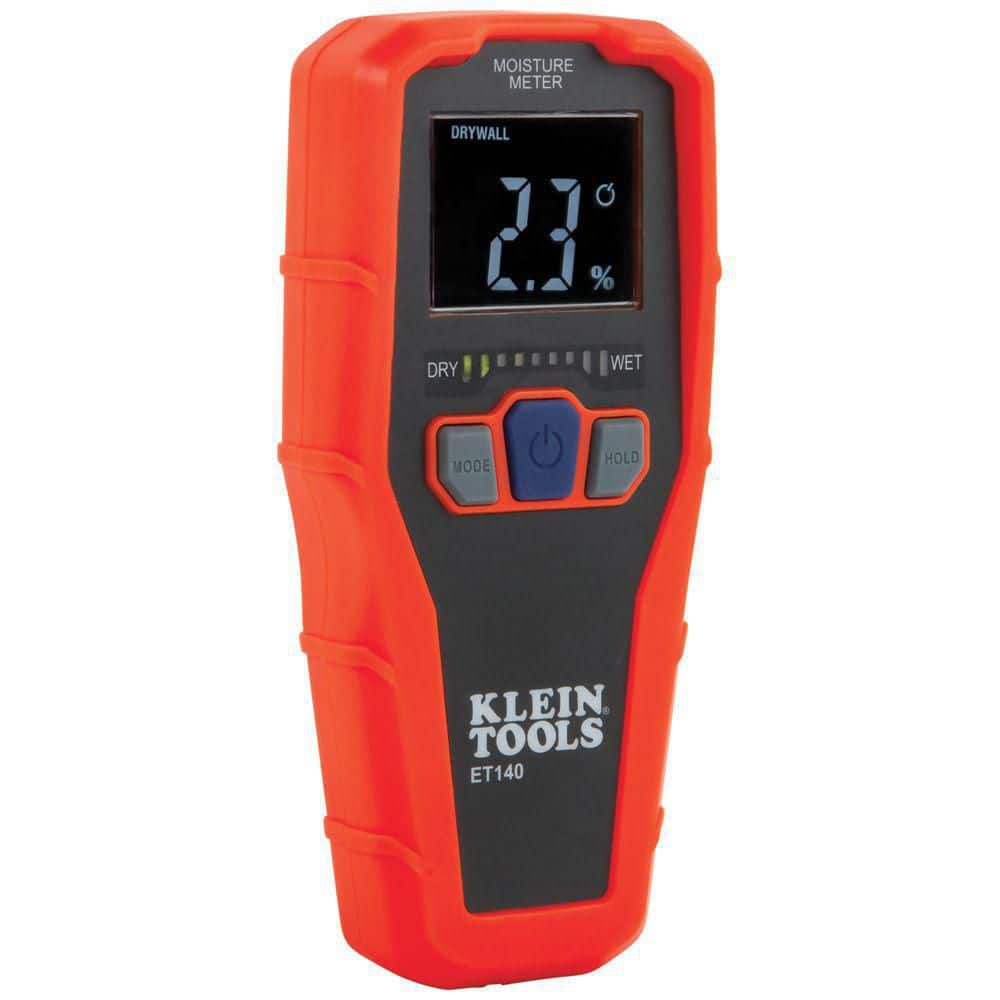The Science Behind Moisture Meters: Just How They Work and Why They're Crucial
The Science Behind Moisture Meters: Just How They Work and Why They're Crucial
Blog Article
The Ultimate Guide to Moisture Meters: A Comprehensive Overview and Just How They Can Save You Money
In the realm of building upkeep, building, and numerous markets, the relevance of properly gauging wetness levels can not be overstated. Moisture meters offer as crucial devices in identifying and keeping track of moisture material in materials, assisting in avoiding expensive problems and making certain the quality of items. Recognizing the subtleties of different kinds of wetness meters, their applications, and the potential cost-saving advantages they supply can be a game-changer for specialists and organizations alike. Discovering how these gadgets can not only simplify processes however likewise add to economic cost savings is a trip worth beginning on.
Types of Moisture Meters
Numerous sorts of dampness meters are available for different applications in numerous industries. One common kind is the pin-type dampness meter, which measures the electrical resistance in between 2 pins put right into a product. This type is suitable for wood, drywall, and various other structure materials. Pinless wetness meters, on the various other hand, use electromagnetic sensor plates to check a bigger area without creating damages to the material's surface. These meters are excellent for quickly evaluating dampness levels in large locations such as floors and wall surfaces.
Furthermore, there are likewise specialty dampness meters made for particular products like hay, dirt, or grain. These meters offer accurate wetness analyses tailored to the distinct properties of the product being evaluated. Infrared wetness meters measure the thermal homes of a product to identify its moisture content non-invasively, making them beneficial for applications where pin or pinless meters may not appropriate. Comprehending the different sorts of moisture meters offered can aid sectors select one of the most appropriate tool for their details wetness measurement demands.

Benefits of Using Moisture Meters

Additionally, using moisture meters can lead to enhanced power performance. In agricultural settings, wetness meters play an important role in enhancing crop returns by allowing farmers to monitor soil wetness levels and make notified irrigation decisions.
How to Pick the Right Moisture Meter
Selecting the appropriate dampness meter entails thinking about vital factors such as product compatibility, dimension range, and calibration accuracy. When selecting a moisture meter, it's vital to ensure that the meter is appropriate for the particular Click This Link material you will certainly be testing. Different products have differing electric residential properties that can influence dampness analyses, so choosing a meter designed for your product is vital for exact results. Furthermore, think about the dimension variety of the wetness meter. Make certain that the meter can discover moisture degrees within the range needed for your applications. Calibration precision is one more crucial aspect to remember (Moisture Meter). Select a moisture meter with dependable calibration to make sure exact and constant readings. Some meters might need periodic calibration adjustments, so understanding the calibration process is very important. By carefully examining these aspects, you can pick a wetness meter that meets your needs and offers accurate moisture measurements for your projects.
Appropriate Methods for Moisture Meter Usage
To make sure accurate dampness analyses and make the most of the effectiveness of a wetness meter, utilizing appropriate techniques is vital. When utilizing a pin-type dampness meter, insert the pins or probes into the product being tested till they make full call. Make sure useful source the pins are perpendicular to the surface area to obtain the most accurate reading. For pinless dampness meters, hold the tool flat versus the product and relocate it slowly to cover the whole location for a typical analysis. It's critical to calibrate the dampness meter according to the material being checked to boost precision. Take numerous analyses across the surface area and ordinary them out for an extra dependable result. Additionally, make sure that the product being examined is adjusted to the setting to avoid skewed analyses. Normal maintenance of the wetness meter, such as cleansing the pins or sensing unit, is also essential to make certain regular and accurate analyses. By following these correct strategies, customers can count on their moisture meter to offer credible dampness levels, assisting in stopping expensive damage or making certain high quality in different applications.

Expense Financial Savings Through Moisture Meter Applications
Exactly how can the critical use of dampness meters lead to substantial price savings throughout different sectors? Wetness meters play a critical function in cost financial savings by avoiding prospective damage and making certain high quality control in different markets. In the farming industry, dampness meters aid in figuring out the optimal time for collecting plants, avoiding over-drying or excess moisture that can affect the last item's high quality. This precise surveillance assists farmers avoid unneeded losses and optimize their yield.

In addition, in the food handling market, moisture meters are vital for keeping track of product quality and making certain compliance with security laws. By properly gauging wetness content in food, suppliers can protect against wasting, maintain freshness, and lower waste, resulting in substantial cost financial savings. Overall, the critical application of dampness meters is an important investment that can lead to substantial price decreases and improved efficiency across various industries.
Conclusion
In verdict, dampness meters are useful tools for discovering and measuring moisture levels in numerous materials. By using the ideal dampness meter and complying with proper strategies, customers can effectively prevent expensive damages created by excess wetness.
Dampness meters offer as crucial tools in detecting and keeping an eye on moisture material in products, helping in stopping costly problems and making sure the high quality of items. Infrared wetness meters gauge the thermal properties of a product to identify its wetness material non-invasively, making them valuable for applications where pin or pinless meters might not be appropriate.Wetness meters offer vital advantages in precisely evaluating and keeping track of dampness degrees in varied products and settings. In agricultural setups, dampness meters play a critical duty in optimizing plant returns by enabling farmers to monitor dirt moisture levels and make educated watering choices.In final thought, moisture meters are useful devices for determining and identifying dampness levels in various materials.
Report this page